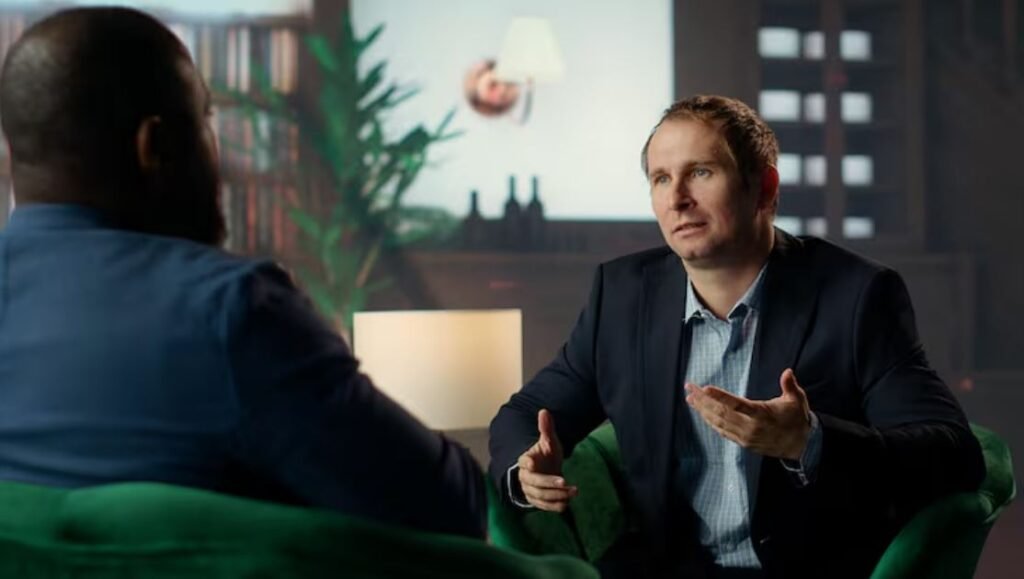
In the past, career paths looked like steady tracks. Individuals joined a group, rose through the ranks, and received a gold watch upon retirement. Those tracks have since merged into a crossroads. Originally a self-reflective practice, counseling has developed into career coaching, a dynamic collaboration where strategy and emotional intelligence collide. Because it reflects both the evolving nature of work and the changing psychology of employees, the transformation is especially intriguing.
Counselors in previous decades concentrated on introspection, including values exploration, aptitude testing, and personality assessments. To make sense of the outside world, one had to look inward. However, professionals required forward-looking tools as industries grew more uncertain. They desired traction in addition to clarity. The next step was coaching, which turned introspective discussion into action.
| Focus Area | Description |
|---|---|
| Core Concept | Counselling has transitioned into career coaching as careers became less linear and more self-directed, blending psychology with actionable strategy. |
| Evolution of Practice | Traditional counselling explored personal traits; coaching now focuses on measurable goals, adaptability, and performance growth. |
| Emotional Foundation | Combines empathy and reflection with modern tools like accountability systems and digital feedback loops. |
| Primary Drivers | Hybrid work culture, rapid tech innovation, emotional resilience, and the human need for direction in uncertain markets. |
| Societal Outcome | Encourages autonomy, purpose, and self-leadership in career decision-making. |
| Reference | Coursera – “What Is Career Counseling?” (www.coursera.org/articles/what-is-career-counseling) |
This change took time to occur. It expanded gradually as individual agency increased and corporate structures became more flattened. Self-awareness was no longer sufficient in a setting where people switch jobs every few years. Professionals of the new generation were looking for practical solutions. Because it combined the precision of a strategist with the empathy of a therapist, career coaching became incredibly effective in helping clients create, rather than merely define, their futures.
Conventional career counseling paired characteristics with professions. The procedure seemed almost clinical and scientific. But flexibility is more important to today’s professionals than “fit.” A teacher may become a leadership coach, or a software engineer may switch to UX design. A new system of empowerment replaced the previous classification system. People were encouraged to take charge of their own development through coaching, which served as a link between introspection and reinvention.
This shift was expedited by the business sector. Executive coaching had established itself as a standard practice in leadership development by the late 20th century. It was used by Fortune 500 companies to improve decision-making and foster resilience. As time went on, the practice spread, making it available to freelancers and mid-level staff. Coaching’s emphasis on quantifiable progress combined with counseling’s language of empathy to create a synthesis that feels especially creative and human-centered.
A new level of accessibility was made possible by technology. Career support has become more accessible thanks to platforms like BetterUp and LinkedIn Learning, which provide goal-driven sessions that feel like therapy but more individualized. These days, AI-powered tests offer information on leadership inclinations, emotional patterns, and communication styles. Coaches can create strategies that are highly customized and, more importantly, flexible enough to adapt to the ever-changing nature of modern work by incorporating this insight.
This evolution gained emotional depth due to generational shifts. Professionals from Generation Z and Millennials, who are frequently disenchanted with corporate structures, place a higher value on meaning and authenticity than status. In the past, counseling helped people deal with their discontent; today, coaching helps them create fulfillment. It’s a proactive approach that emphasizes “forging” over “fixing.” Engagement, resilience, and career longevity have all significantly increased as a result of this change.
The core of coaching is still the emotional framework of counseling. Reflective questioning, empathy, and active listening remain fundamental. Energy is now flowing in a different direction, from reflection to action. Coaches concentrate on the “how” rather than the “why” for extended periods of time. “What would success look like in 90 days?” is one of the forward-looking questions they pose to their clients. or “What behaviors will enable that?” Not just understanding, but momentum is produced by that subtle reorientation.
This change has been further legitimized by thought leaders and celebrities. For example, Oprah Winfrey frequently attributes the maintenance of her career vision to coaching-style reflection. With an emphasis on feedback, flexibility, and emotional intelligence, tech executives such as Satya Nadella and Sheryl Sandberg have integrated coaching techniques into their company’s core values. These instances have established coaching as a leadership art and science, demonstrating the remarkably harmonious coexistence of ambition and vulnerability.
Another distinguishing feature is the convergence of professional and personal development. Emotions and career choices were traditionally kept apart in counseling. Since one’s mental state has a direct impact on performance, coaching now combines the two. Professionals strive for identity, impact, and meaning in addition to financial gain. Coaches assist in incorporating self-awareness, purpose, and mindfulness into career planning—a combination that is both novel and extremely pertinent.
From a practical standpoint, the transition to coaching has accelerated and quantified career development. Coaching condenses insight into short-term action plans, whereas counseling sessions used to span months of exploration. After sessions, clients have objectives, deadlines, and accountability checkpoints. Better focus, confidence, and progress are measurable outcomes of this highly effective method.
Corporate networks and universities have also changed. These days, prestigious universities use coaching-inspired training methods that combine empathy and effectiveness. The method is similar to athletic coaching in that it emphasizes consistent feedback, well-defined goals, and the idea that progress is iterative rather than immediate. Young professionals have benefited greatly from this consistency in handling rejection, making confident turns, and remaining flexible in cutthroat fields.
This change has wider ramifications than just changing careers. People want human guidance that feels personal rather than robotic as automation and artificial intelligence change the nature of work markets. That is precisely what career coaching, which is based on the emotional intelligence of counseling, provides. It teaches adaptability as a mindset and a skill, turning uncertainty into opportunity. It is now more important to master change than to survive it.
Some claim that coaching runs the risk of oversimplifying complex emotional problems. However, the two fields now work better together than against one another. Coaches give guidance; counselors offer depth. They support the modern professional from self-discovery to self-actualization by forming a continuum of care.
